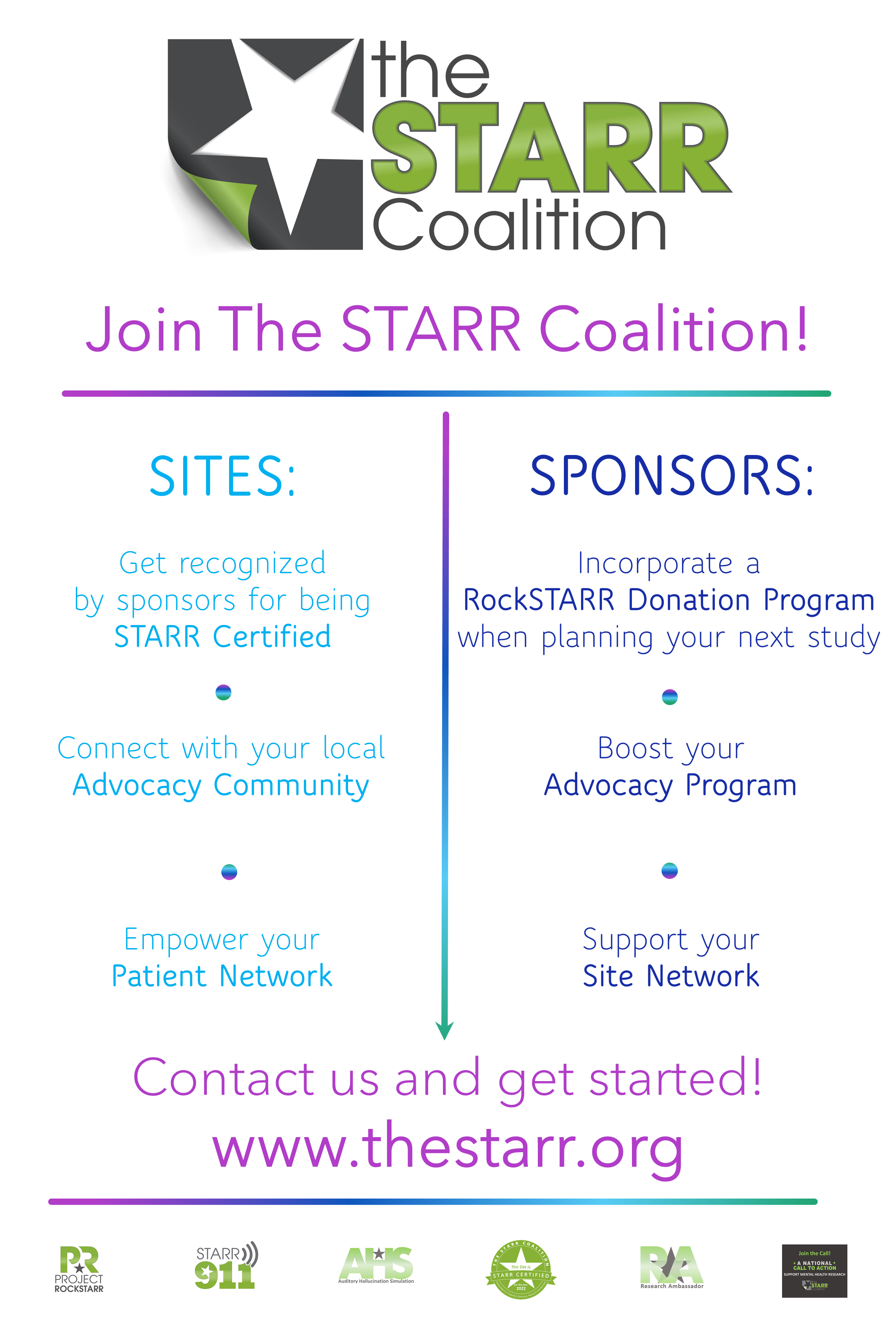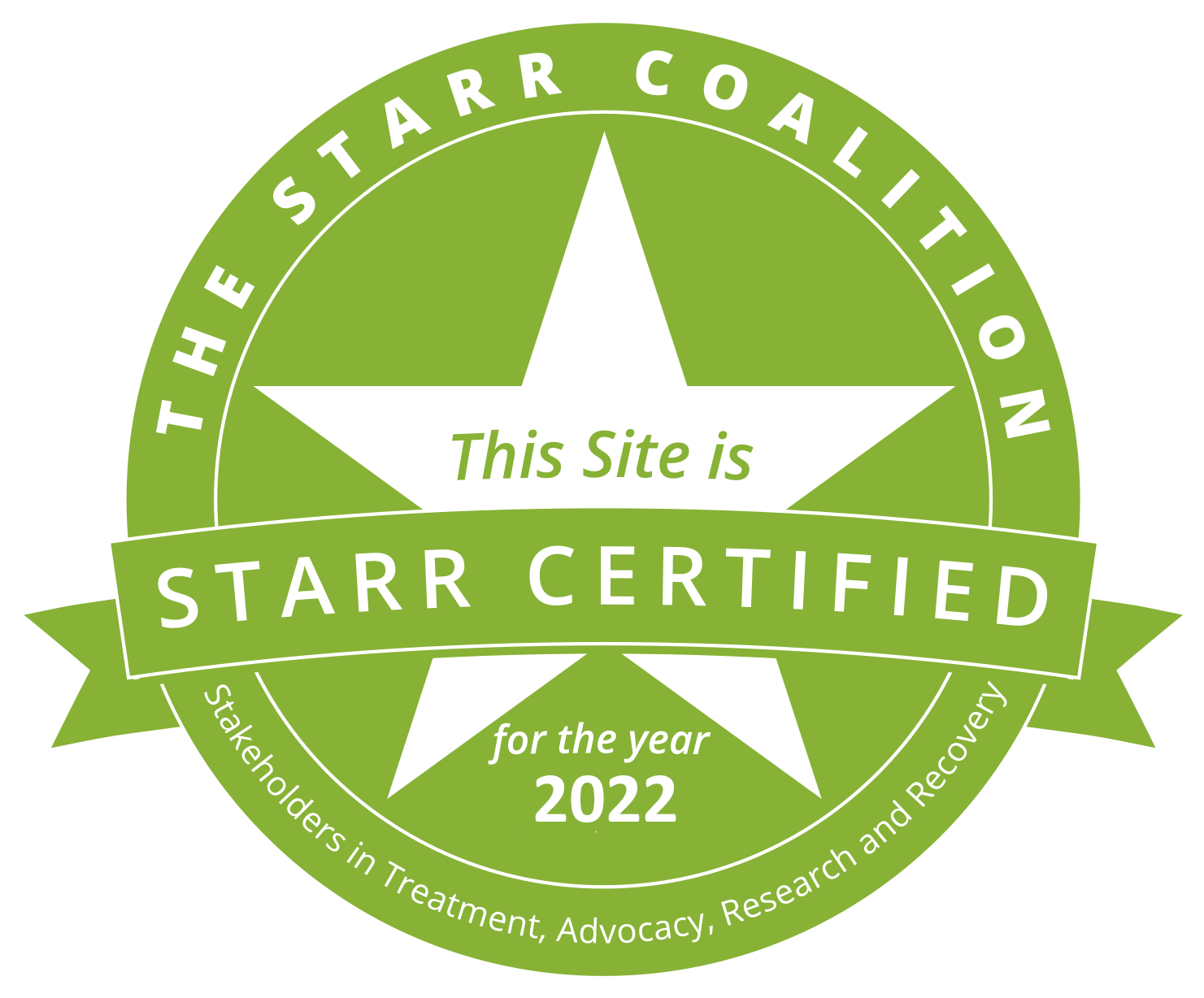 STARR Site Certification
STARR Site Certification
The main objective of the STARR Site Certification is to help advance mental health clinical research by promoting community engagement and communication between research site staff and patients, caregivers, and advocacy groups. Being a STARR Certified Site provides sites with ongoing support for best practices around a few areas identified by the STARR community as being areas that could use continuous education, training, and support.
The STARR Certification distinction shows the dedication to excellence that the Certified Sites are reaching to meet. Sponsors and CROs are able to view a list of STARR Certified Sites when choosing potential new partners in a way that allows them to confidently say they are choosing the best sites for their studies.
We are continuing to add new sites to the STARR Certified Sites page and are working with sponsors and CROs to include more. We’ve developed new modules including the diversity pledge, a trauma-informed care training module, and increased community and patient advocacy engagement, and we’re continuing to provide the Certified Sites with their own personalized advocacy pages.
 Advocacy Engagement
Advocacy Engagement
The STARR Coalition has spent years cultivating relationships across the mental health advocacy ecosystem, putting us in a position to help companies working on advocacy initiatives. Let us help you develop relationships of trust and mutual respect with the advocacy organizations that can help advance your success.
 Project RockSTARR
Project RockSTARR
This advocacy donation program has multiple benefits: (1) it gives sponsors the opportunity to support local advocacy; (2) it empowers volunteers to give back to their community and provides information on local advocacy resources; and (3) it builds a stronger relationship between local advocacy and research sites. Sponsors can incorporate the RockSTARR donation program into specific trials, ideally as part of the study protocol. For details on the program, check out the RockSTARR video HERE.
 STARR 911
STARR 911
The STARR Coalition has created a straightforward process to provide support to inbound callers that express suicidal ideation. Site staff is given very simple and specific instructions on referring callers to the Suicide Lifeline for support or conduct a warm handoff to a suicide prevention specialist. The idea here goes beyond simply preventing suicide and saving lives — it is that if even one site staff member turns away someone that has suicidal thoughts because they don’t meet study criteria, that undermines all mental health research credibility and reinforces that idea that researchers don’t really care and will only use the ‘subjects’ that meet criteria. With this very simple script, we can help build public trust and break some of the stigma against mental health research. You can find more information online HERE.
 Auditory Hallucination Simulation
Auditory Hallucination Simulation
This empathy training provides staff with a better understanding of what it’s like to experience this relatively common mental health symptom. Empathy not only makes for more compassionate staff, but data shows that clear understanding the goal (to help individuals living with auditory hallucinations) helps improve morale. We can set up a link to the Simulation for your team upon your request (free of charge to Certified Sites). You can find more information on our website HERE.
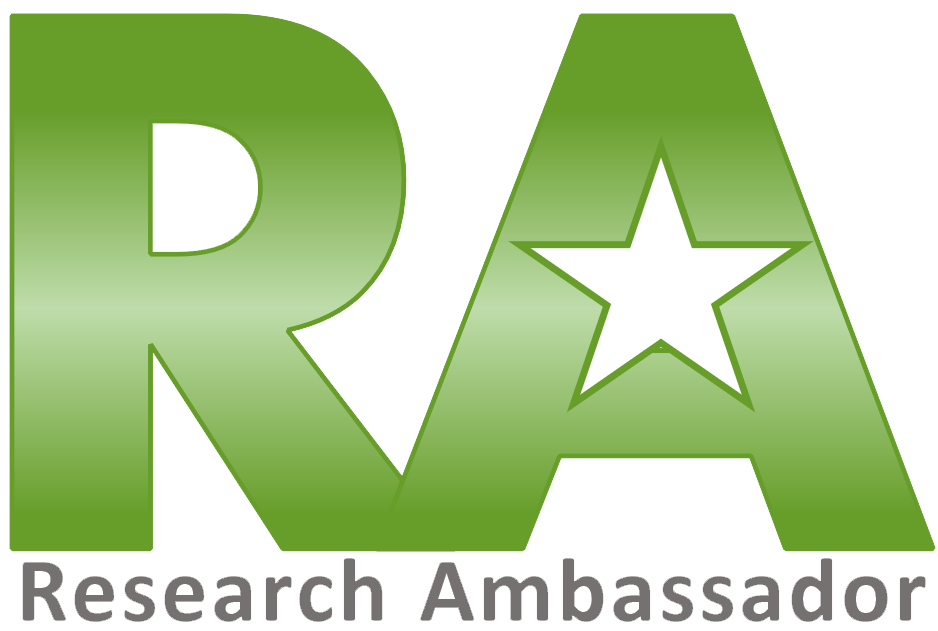 Research Ambassador Program
Research Ambassador Program
Research Ambassadors are individuals living with a mental illness who have participated in clinical research that are willing to talk about their personal journey, share their clinical research experience, and talk about how their participation in a research trial has impacted their lives. As part of being a Research Ambassador, volunteers help educate others through one or more of the following activities:
- Speaking with a STARR Coalition coordinator and share their story. This could take place once or over the course of several meetings during the study and possibly after the study ends.
- Talking to peers about their experience with clinical research to help spread awareness of clinical research as a possible care option.
- Sharing their experience with their mental illness with researchers to help inspire them to continue to work to find new treatments.
Find more information about the Research Ambassador page HERE.
STARR WORKGROUPS:
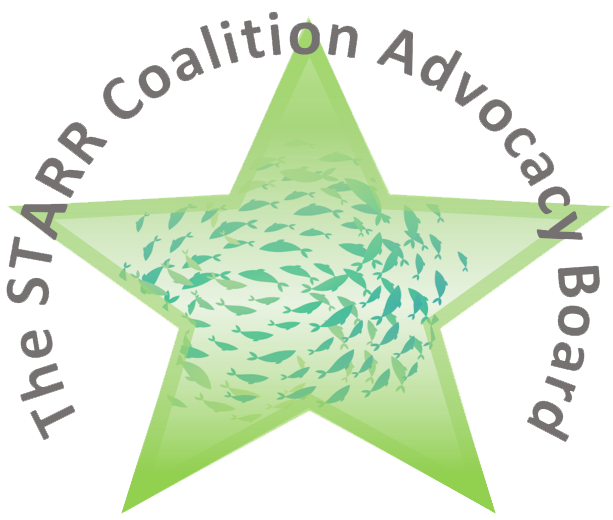 Advocacy Board
Advocacy Board
The Advocacy Board meets monthly to discuss topics on advocating for individuals living with mental illness and research. We are continuing to add new members to our Advocacy Board. Objectives of the STARR Advocacy Board include (1) creating resources for STARR advocacy partners to connect with the mental health clinical research community, and be supportive of and advocate for research within their organizations; (2) providing a platform for the STARR community to connect with our advocacy partners.
 STARR Diversity Workgroup
STARR Diversity Workgroup
This workgroup is looking at cultural inclusion in research including finding ways to access underserved areas of our communities with research education, identifying cultural/ethnic/socio-economic barriers to research participation, ensuring sites are reflective of the communities they serve, and building pathways for more diversity in research leadership. Check out the DIVERSITY PLEDGE and the DIVERSITY RESOURCES.
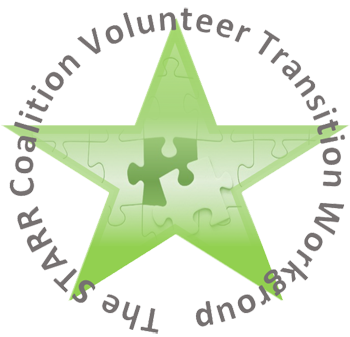 Volunteer Transition Workgroup
Volunteer Transition Workgroup
The Volunteer Transition Workgroup is tasked with finding useful ways to aid study participants (volunteers) in their transition from the trial back to everyday life, ensuring that they continue their recovery journey. We are in the early stages of this workgroup and have been collecting insight from peer support groups, day treatment groups, and research sites on the benefits of including aftercare for individuals participating in and exiting clinical trials. We began this group after seeing the gap in participant care following a study and ultimately will include elements in the STARR Site Certification.
 National Call to Action to Support Mental Health Research
National Call to Action to Support Mental Health Research
This initiative was established in response to the need to build awareness and fight the stigma of mental health research and includes representatives from across the research industry and advocacy. The workgroup is focused on finding simple and actionable ways individuals and organizations could increase public awareness and support the advancement of mental health research. Check out the Call to Action information HERE.
We are always thinking about site education and community engagement and we would love to work with your team on some creative new projects!











